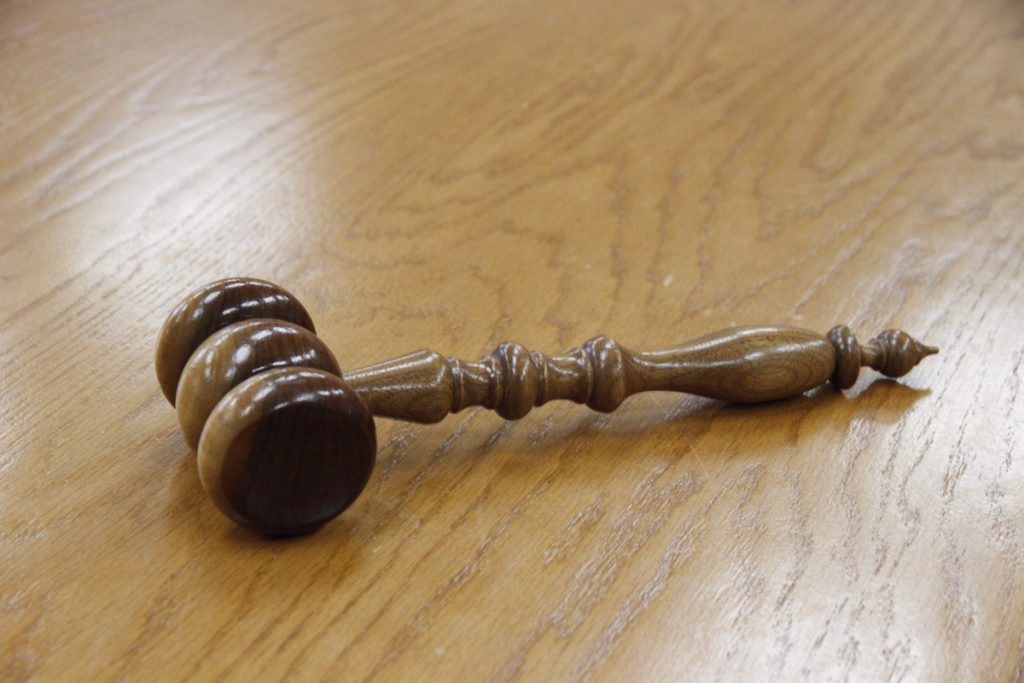Discrimination Investigations: What to Do Before a Trial

Discrimination investigations can result in costly fees and notoriety. The NYC Commission on Human Rights’ Law Enforcement Bureau (LEB) can bring NYC employers to court if a complaint is given a Probable Cause Determination. Furthermore, companies may have to shell out money for a lawsuit in addition to lawyer fees. So what can employers do if they are in discrimination investigations? This article will explore the best courses of action a company can take to work in accordance with the law before a determination is made.
What to Do If You’ve Received a Complaint

The LEB initiates all discrimination investigations in NYC. They start the investigation process by naming employers accused of violating the NYC Human Rights Law as respondents in a Complaint. Respondents have to answer this Complaint within 30 days of receiving it. They must also send a document that denies, admits or explains each fact stated in the Complaint. Respondents must state that they do not have knowledge of the answer if they are unfamiliar with the facts. Additionally, they must sign the document in front of a notary person. It is also important to send a position statement. A position statement is a letter that describes the respondents’ side of the story. This letter can also include any evidence the respondent would like the LEB to have.
The LEB can hold respondents in default if they neglect to answer. This default could then lead to the LEB making a decision against them. The LEB may make this decision even if respondents do not appear. More importantly, respondents can also face additional penalties for failure to cooperate in the discrimination investigations.
What Can Respondents Do before a Determination
Respondents must prepare for the worst while the LEB investigates their case. For example, they can decide whether or not to get a lawyer. Respondents do not need a lawyer, but they can have one represent them if they want. The LEB will not offer a lawyer nor pay for one. Respondents can also ask the LEB for a lawyer referral. Additionally, respondents can prepare for their interview with the LEB. The LEB will interview respondents as well as witnesses. They may also request documents or take other actions.
